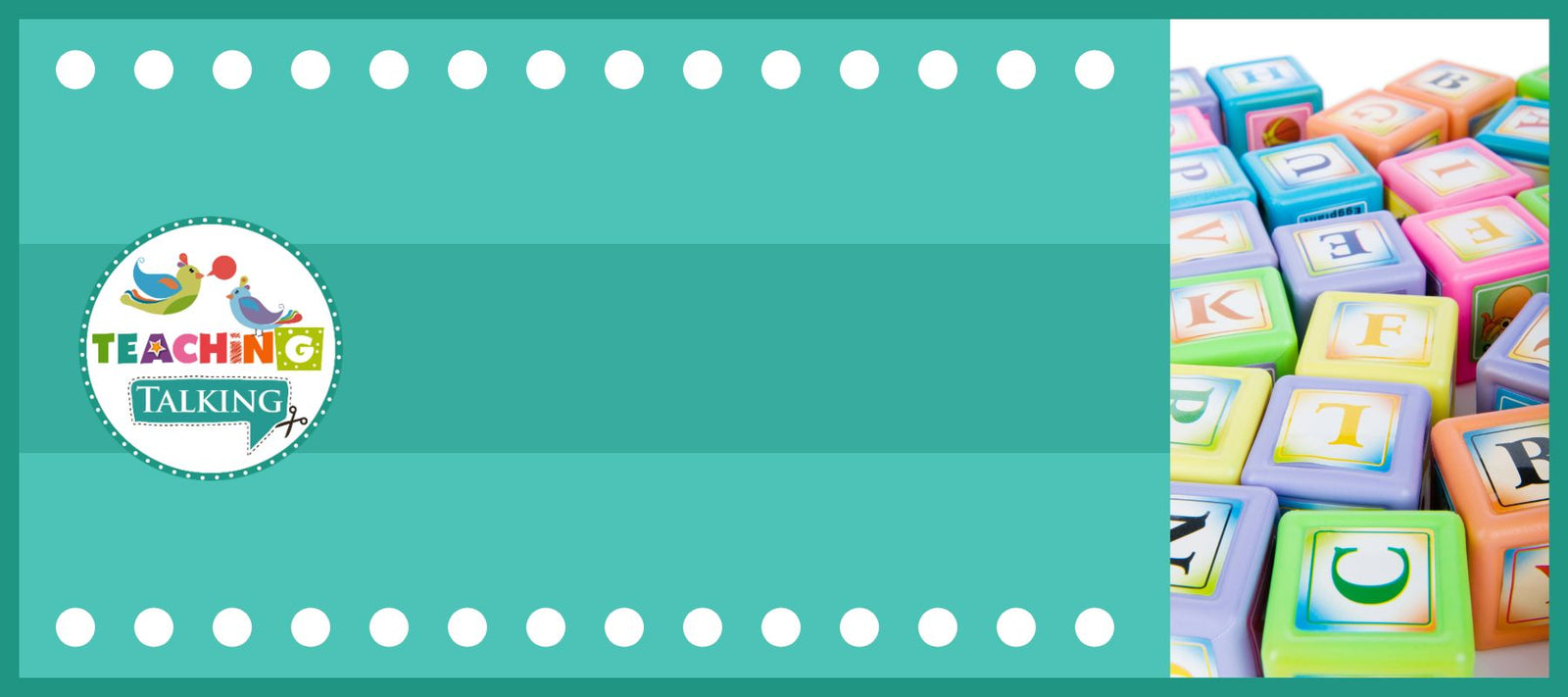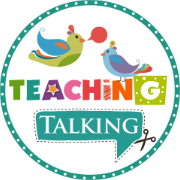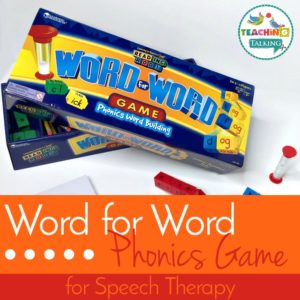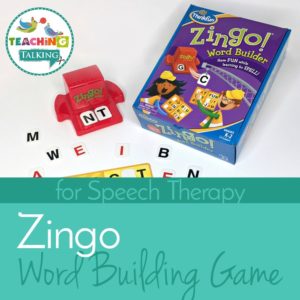
Tips for Choosing Spelling Games for Speech Therapy
May 23, 2018 4 min read
Are you trying to choose spelling games to use in Speech Therapy?
When you are choosing spelling games for speech therapy you want to make sure that you are getting great value educational word games that your kids will love to play and to make learning fun.

Some children seem to learn to spell naturally, with very little effort. You may have heard teachers say that spelling is “caught not taught”. You want to encourage these children to be the best they can be and games are a great way to have fun as you practice spelling.
For other children, it is an uphill battle and you know you need to support them with their efforts in every possible way. You want to know that you are choosing spelling games for speech therapy that make things easier for them to learn.
Understanding how children learn to spell, and the link with Speech Therapy will help you choose the best games to add to your resources collection.
Choosing Spelling Games for Speech Therapy – What Makes a Good Speller?

A good speller must…
- Be familiar with common letter strings and sequences
- Understand that certain letters cannot follow others
- Know that most words must contain vowels as well as consonants and that each syllable contains a vowel
- Learn and remember words as they read them
- Remember spelling rules
- Pay attention to the structure of words – roots, suffixes and prefixes
- Make associations with their existing vocabulary and background knowledge when they encounter a new word
- Have good phonological awareness
Learning to spell is a complex process and the breakdown can occur at various stages.
Choosing Spelling Games for Speech Therapy: Spotting problems with spelling
Poor spellers may…
- Also have poor reading ability -They lack the phonic and decoding skills that are necessary for both reading and spelling
- Have poor visual recall -A mental ‘picture’ of the whole word is needed to avoid relying on letter by letter copying
- Have a visual or kinesthetic learning style -Children who need to see or trace the words in order to learn may struggle in a classroom where the instruction is given mainly via the auditory channel
- Have long term memory difficulties -The child who knows their spellings at home but has forgotten them by test day at school may be having difficulty in committing them to long term memory
- Rely too much on sounds -When a child has been taught totally through the auditory channel (by listening to and responding verbally to spelling instruction), they spell each word phonetically (as it sounds) and don’t always recognize the written form
- Lack self esteem -If a child feels they are a bad speller and are failing they begin to lack motivation and stop writing in a meaningful way

Choosing Spelling Games for Speech Therapy for Children with Communication Disorders
Children who attend Speech Therapy for help with a speech or language disorder, are at a greater risk of problems with spelling.
Poorer phonological awareness skills, speech sound errors, errors in word structure (morphology) and language disorders all have an impact on the skills needed to be a strong speller.
One of the key things you can do to support a child with spelling when they have speech and language difficulties is to ensure they have strong phonological awareness.
To help you strengthen spelling skills during Speech Therapy, here’s are my top tips for playing spelling games:
- Include a variety of teaching methods in your spelling games and activities for kids – teach through playing games where you shout out answers, by writing down your game words, and by manipulating letter tiles and blocks.
- Strike a balance between praising your child for correct spelling and allowing them the freedom to convey meaning in what they write
- Include plenty of handwritten or typed practice of spellings for committing words to long-term memory storage
- Begin by learning to spell words they need to know and use every day and make sure a word is in your child’s spoken vocabulary before including it in your spelling games for kids.
- Have fun! The best reason to use kids spelling games is that they are designed by experienced game manufacturers to be great fun for all the family. By including them in your teaching materials you will make sure that learning to spell is a popular activity for all the family!
One of my favorite spelling games for kids is the Word for Word Phonics Game is made by Learning Resources and is designed as an educational word game that kids will love to play.
It is a part of my Speechie kit that I couldn’t be without for helping children with phonological awareness, learning to decode and for learning to blend and manipulate sounds.
If you are working with a child who is already doing well with spelling then you can focus on increasing the complexity of their spelling vocabulary. Stretch their abilities with games that reward them for spelling more complex words such as boggle or scrabble or the ever popular Bananagrams Game.
Subscribe
Sign up to get the latest on sales, new releases and more …





